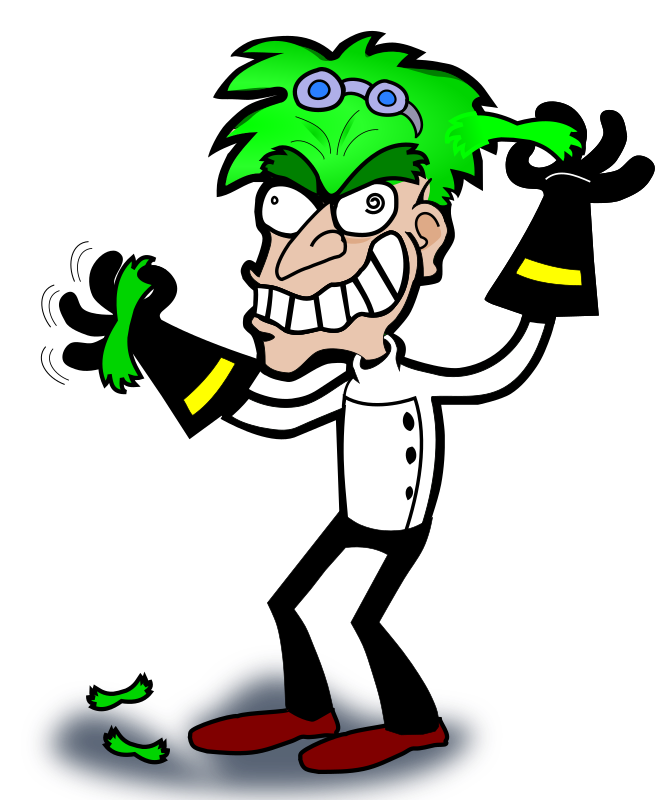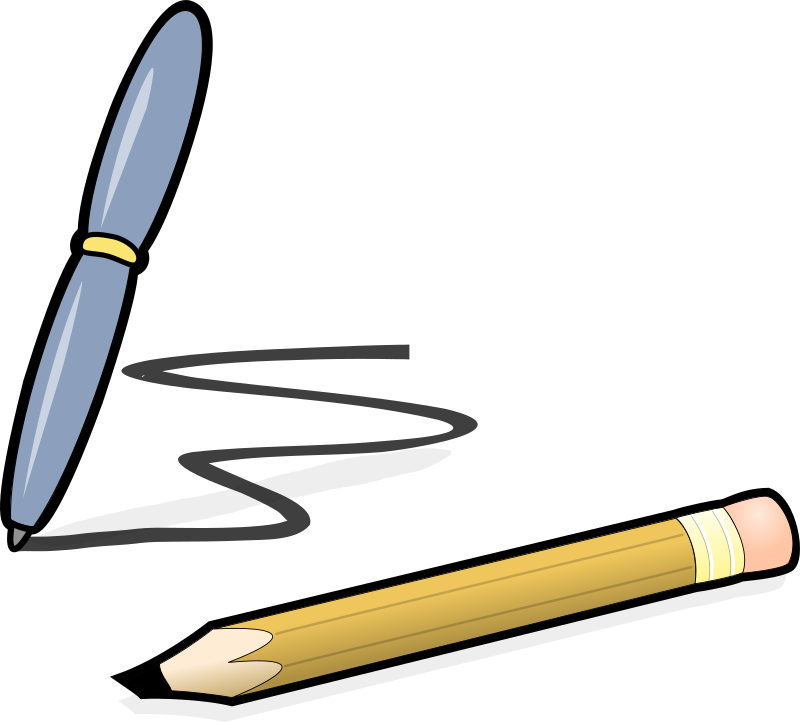I'm crafty by nature, so the letters DIY never frighten me. But for others, it's a terrifying prospect to create a book from scratch and market it to the masses. The popularity of self-publishing has led to a wide availability of services geared toward indie authors. At some point, you may be tempted to hire someone to publish your book for you. I'm here to tell you not to do that.
Elbow Grease
The moment you begin writing out that idea which has taken root in your imagination, it stops being yours. After you write your manuscript and turn it into a book and share it with anyone, it will become something different. That book will never look to readers the same way it looks inside your head. You're the only one who will ever really understand that book, everything about why you wrote it and what it means.
That's why you're the best person to turn that manuscript into a book that others can read. Believe me, this is not going to feel like the most attractive option when you're in the thick of it -- but it still remains the best.
























